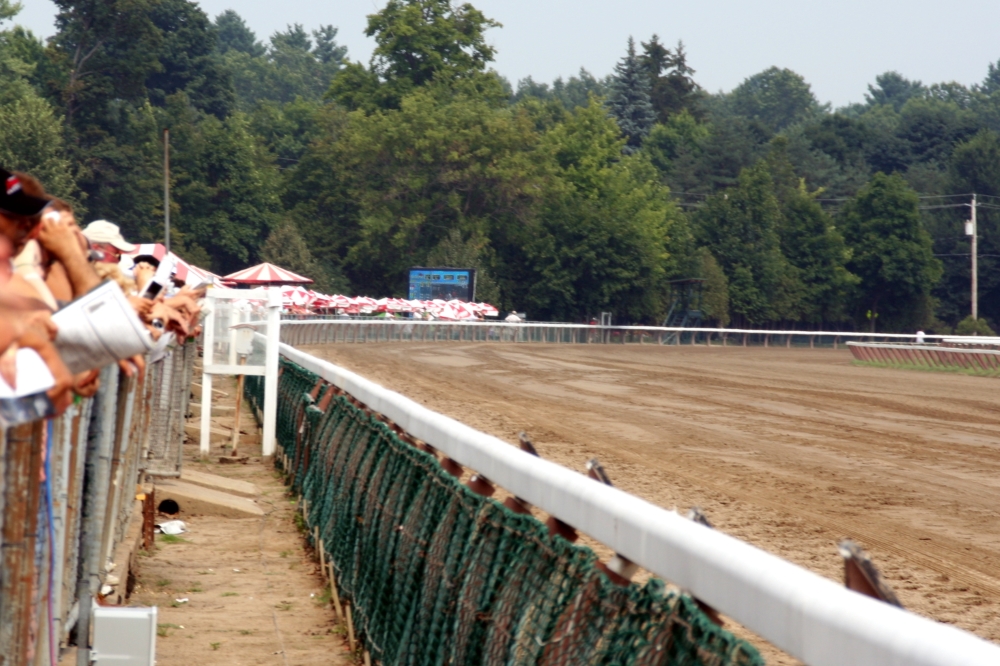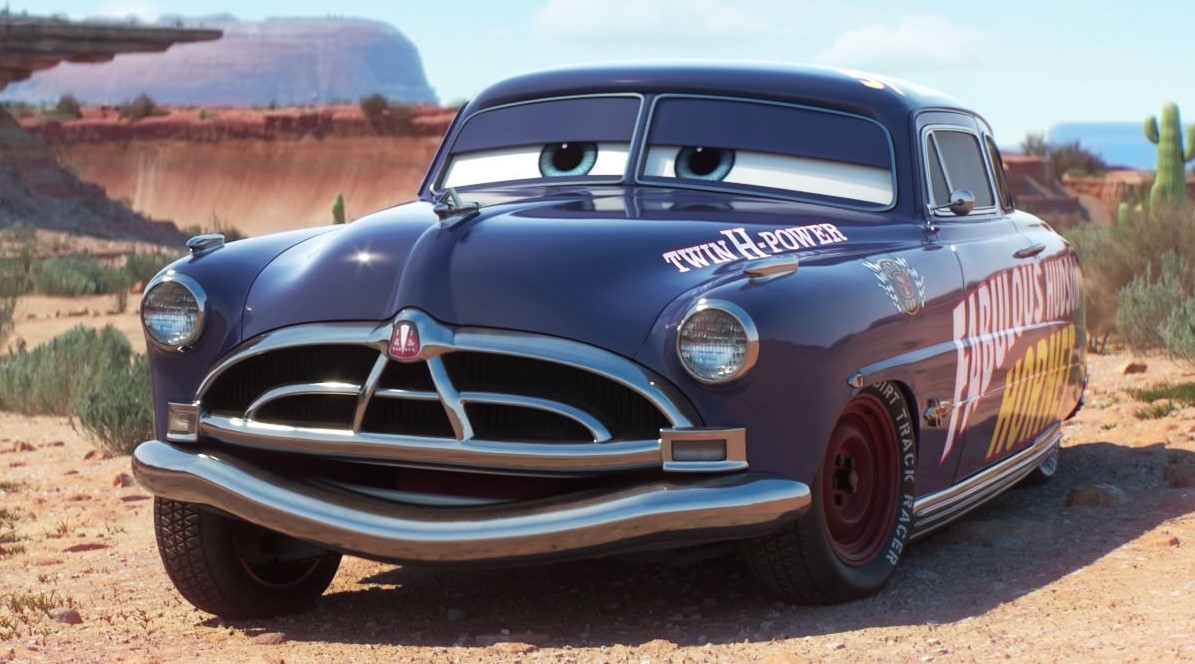
Posted on 03/26/2021 8:39:31 AM PDT by Kaslin

The dirt track spectacle hearkens back to the origins of NASCAR — moonshine runners attempting to outrun the law in rural Appalachia.
Stock car racing is about to get very dirty. On Sunday, NASCAR’s Cup series will race on a dirt track created at the famed Bristol Motor Speedway.
While the sport’s truck series ran one dirt race a year from 2013 to 2019 (lockdowns canceled last year’s event), Sunday’s feature represents the first time the sport’s premier series has raced on dirt since September 1970 — a race won by stock car racing’s “king,” Richard Petty.
The race this coming weekend, as well as a series of invitational races run last week as a precursor to Sunday’s big show, required an extensive transformation of Bristol Motor Speedway. Over several weeks, workers laid more than 2,000 truckfuls of dirt over the track’s usual concrete surface (with a 2-3 inch layer of sawdust separating the soil and clay from the concrete).
The dirt race could give new life to an event, and a sport, suffering from existential questions well before the coronavirus pandemic hit. Two years ago, this same March event at Bristol featured wide swathes of empty seats for reasons having nothing to do with social distancing.
The novelty of a dirt track race — and its frequent promotion on NASCAR’s network partner Fox — has prompted newfound interest in this weekend’s event. Tickets for Sunday’s race sold out, albeit at lower capacity due to the pandemic, in early January.
The return of dirt racing prompted NASCAR to publish a primer and glossary about dirt racing. Unlike most paved tracks, cars that run on dirt tend to slide their tires in the turns, requiring a unique set of car control skills by drivers. The engine package the Cup series will run at Bristol will magnify this dynamic, as the 750-horsepower engines should produce a great amount of wheel spin.
The dirt track spectacle hearkens back to the origins of NASCAR — moonshine runners attempting to outrun the law in rural Appalachia, often on slick dirt roads that might resemble the Bristol dirt track. Those efforts ultimately led to the 1948 founding of the National Association for Stock Car Auto Racing, which attempted to professionalize informal racing amongst moonshiners.
Ironically, the winningest driver in NASCAR’s Cup series takes a dim view towards the return to dirt racing, for much the same reason. Asked about the Bristol race last fall, Richard Petty, who won 199 other Cup series races in addition to the last one run on dirt in 1970, viewed it as a potential step backward.
While admitting the Bristol dirt race would be “exciting” for fans, Petty said he looked at it “from an old-time deal because we spent years and years trying to become a professional sport.” Having fought for so long to overcome that “stigma,” Petty worried that “dirt-track racing is not professional, so we’re going backward. It would be like taking a professional football team and going back to play at a high school field.”
Petty’s concerns notwithstanding, professional teams have gone back to play at a high school field — sort of. Shortly after NASCAR announced its dirt race at Bristol last fall, Major League Baseball publicized its “Field of Dreams” game for this August.
The game, originally scheduled for last summer, will feature two pro baseball teams competing in the same Iowa cornfield popularized in the 1989 Kevin Costner movie. MLB teams have also previously competed at the site of the Little League World Series and at Doubleday Field in Cooperstown, New York, baseball’s apocryphal home.
Of course, Major League Baseball won’t compete every day in Cooperstown and Iowa cornfields, just like NASCAR won’t compete on dirt tracks much. For one thing, regular dirt racing would require teams to create custom-built cars for dirt tracks — an expensive proposition at an economically uncertain time.
Still, for one day a year, the sport can honor its roots in a way that gives fans cause for excitement. NASCAR hopes that Sunday’s race will do just that.
or outdoor ice hockey
Do they have the correct quota of african and tranny drivers?
Is running a race on a dirt track racist?
Is this woke NASCAR?
If they have Trannys, they won't need to have a quota of real females, will they? As long as they ban rednecks and certain politically incorrect flags they should be fine.
Shouldn't NASCAR's new motto be "Fags not Flags"? But wait - they banned cigarette ads first, didn't they.
After watching parts of the Daytona 500, it looked like they don't have any paved track car control skills either.
Hope they fixed those hanging nooses that had Bubba terrified. Poor baby needed the FBI to put the fear into those red necks.
Not if they use white sand. Black tires pounding white sand should be OK.
Are there any sports left that the progressives haven’t ruined?
Gives a whole new meaning to a blown tranny.
Frankly, NASCAR racing has gotten boring
Dirt track racing is definitely not boring
NASCAR fans are a bunch of girly men.
I am not a car racing guy but my question is whether it would be fun to have an actual stock car racing circuit, where only cars that you could actually go buy from a dealer (for under a certain price and which a manufacturer sells a reasonable minimum number of to the general public) could be used, wirth only a very few safety modifications permitted. It sounds to me like that would be fun to watch.
Sometimes you have to turn right to go left

It’s really not that big of a deal.
“Sometimes you have to turn right to go left”
****
Happens in New Jersey a lot.
And never forget, two wrongs do not make a right, but three lefts do.
Jerry Was a Racecar Driver - Primus
https://www.youtube.com/watch?v=LBQ2305fLeA
Noosecar is dead.
As long as it’s run by leftist loons, their fan base will stay away.
I heard they were thinking about adding a series of left turns this year
Disclaimer: Opinions posted on Free Republic are those of the individual posters and do not necessarily represent the opinion of Free Republic or its management. All materials posted herein are protected by copyright law and the exemption for fair use of copyrighted works.